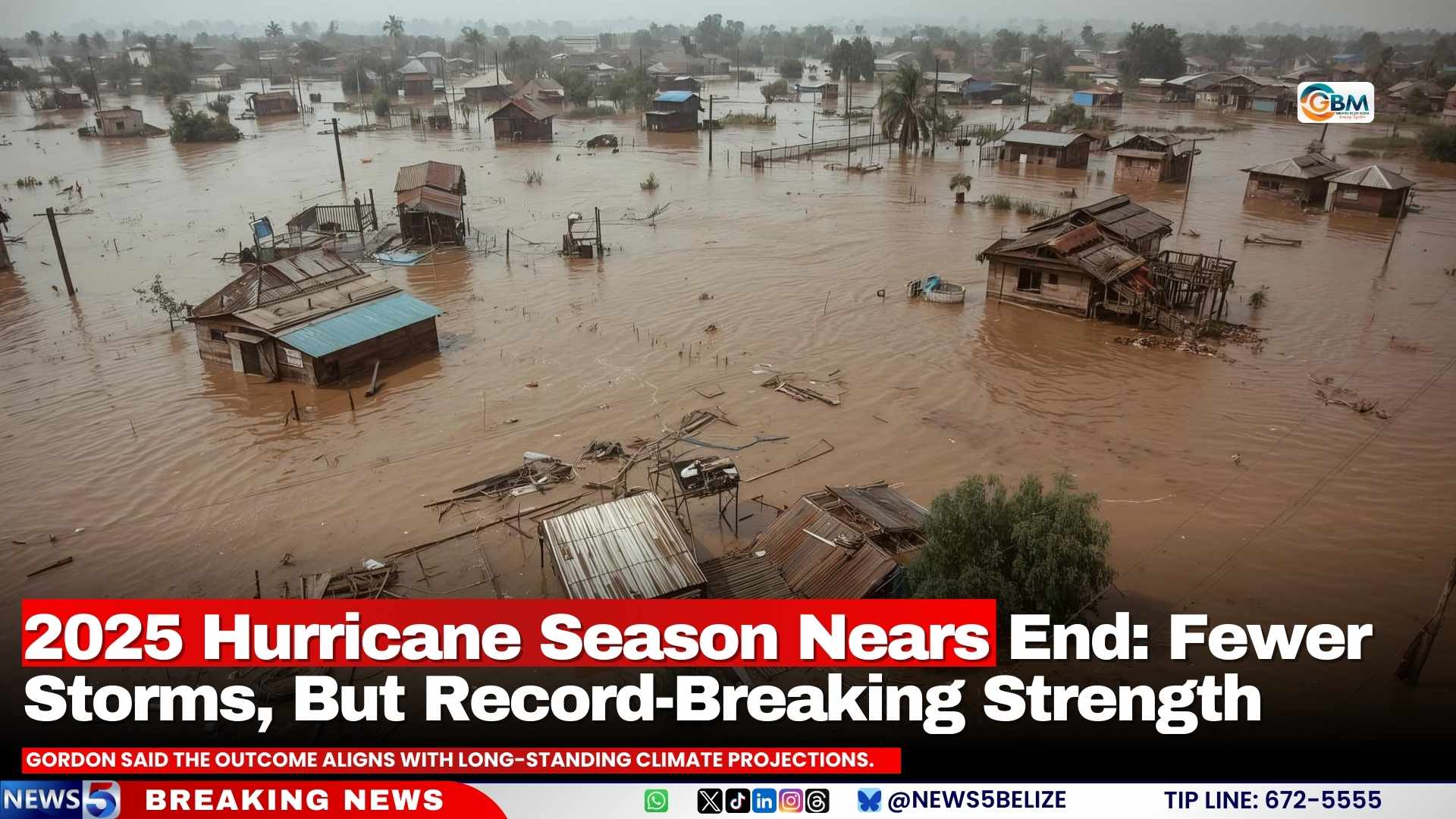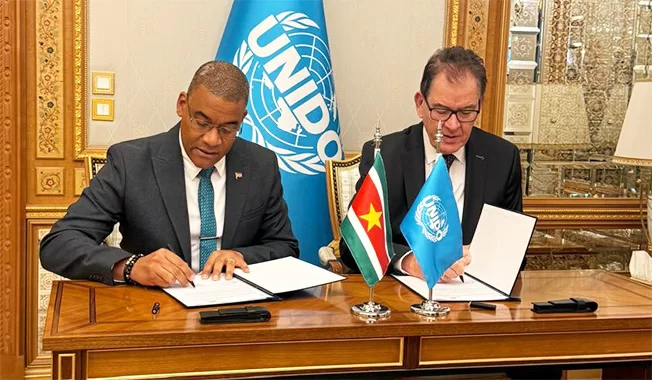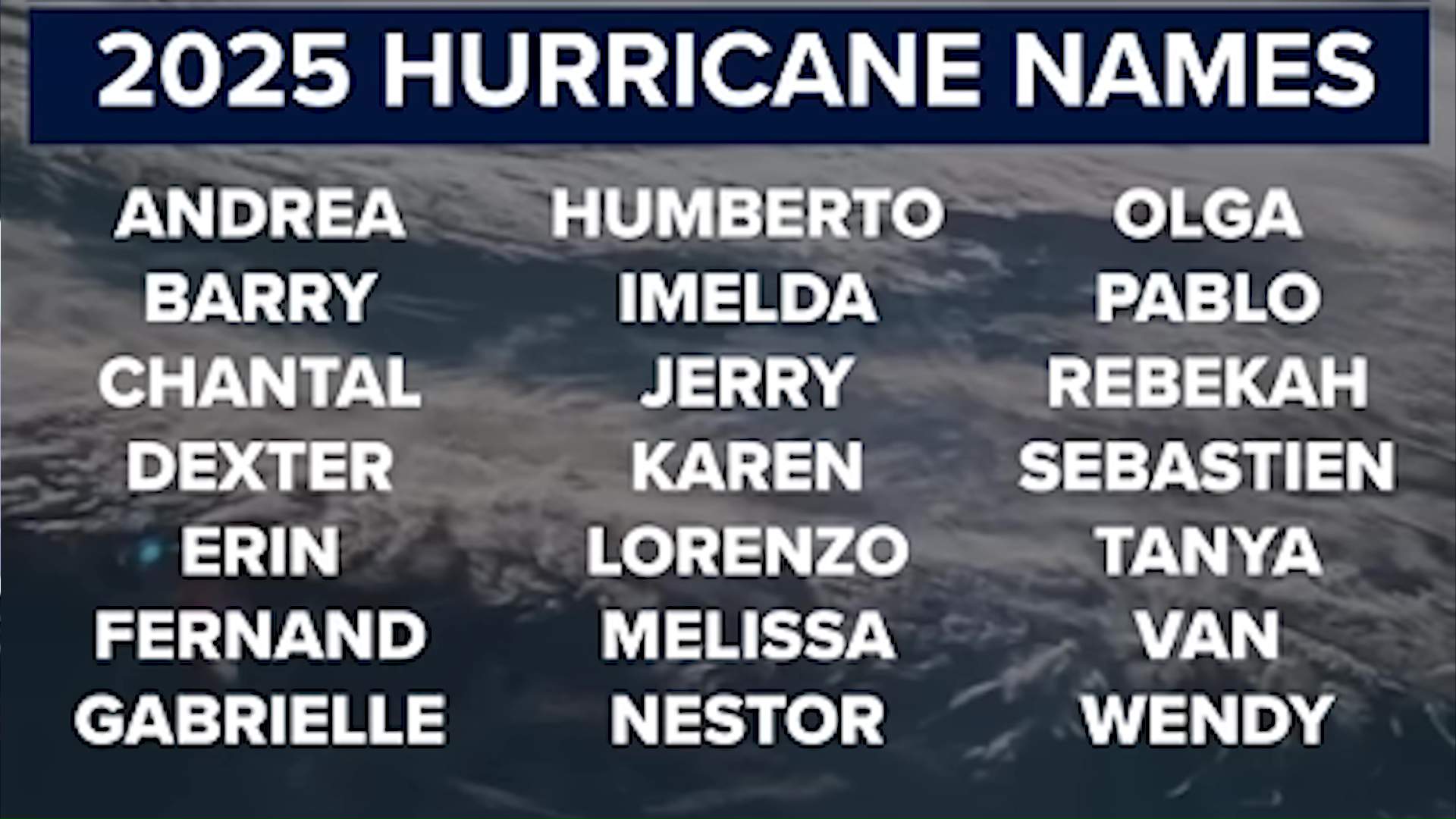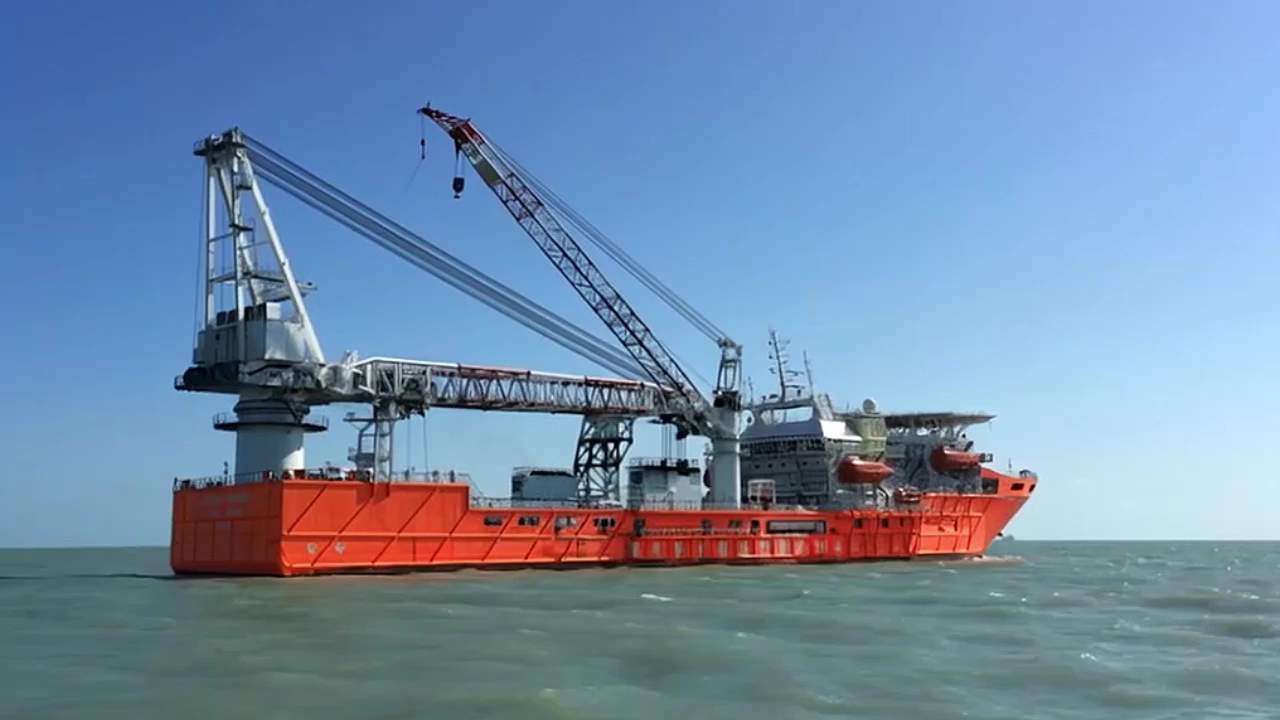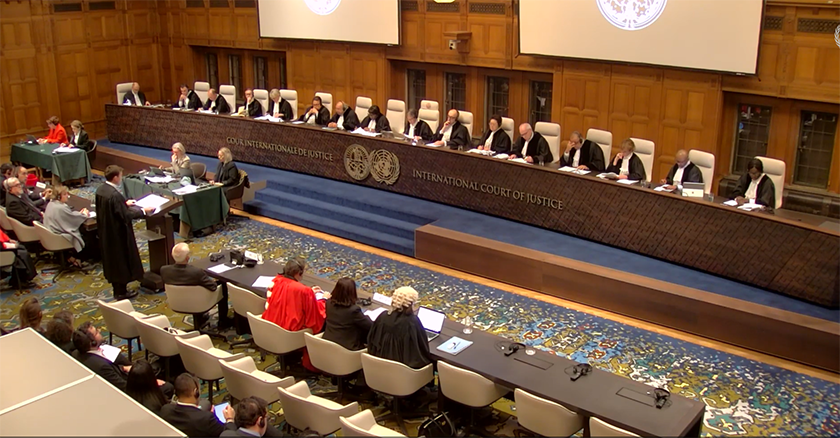In a significant briefing on November 29, 2025, Acting Director General of the Haitian National Police (PNH), Vladimir Paraison, delivered an assessment of his first 100 days in command. While acknowledging the substantial challenges that remain, Paraison presented concrete evidence of tactical progress in the nation’s ongoing struggle against armed gangs.
The most notable achievements center on the recapture of strategic territories within the metropolitan area of Port-au-Prince. Police operations have successfully reduced gang dominance in the city center, with controlled areas diminishing from 32% to 20.89%. This territorial reclaiming has yielded immediate positive outcomes for local residents, restoring a degree of security and normalcy.
Further demonstrating tactical efficacy, the PNH reported a dramatic decrease in gang influence within the Delmas district. Through precision missions conducted by specialized units, the gang control rate plummeted from 13.3% to just 3.64%. Recent successful interventions also led to the recapture of the critical Teleco and Bélot zones in the Kenscoff commune, an area now described as being under stable police control.
Beyond the capital, the Artibonite region is witnessing a positive shift. Paraison highlighted an enhanced police footprint that has effectively curbed the criminal advance. A resurgence of public activity and commerce is reported in the towns of Désarmes, L’Estère, and Pont Sondé. The Director General cautiously noted that while Artibonite is not yet fully liberated from gang presence, the PNH maintains a consistent trajectory of progress and is methodically reclaiming authority.

